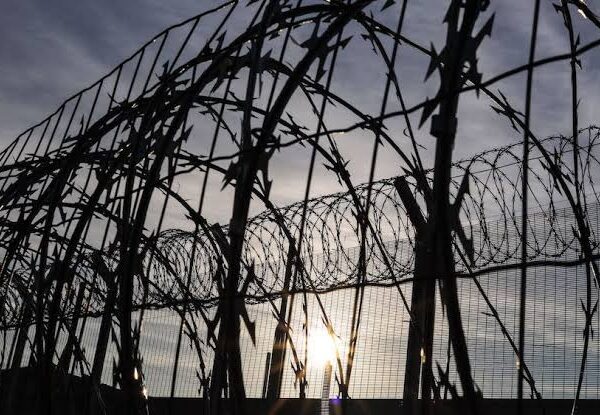The Canadian Minister of Health, the Honourable Jean-Yves Duclos, the Minister of Transport, the Honourable Omar Alghabra, and the Honourable Marco Mendicino, Minister of Public Safety, have announced additional border measures to reduce the risk of the importation and transmission of COVID-19 and its variants in Canada related to international travel.
Based on data from ongoing surveillance efforts and the latest public health advice, the Government of Canada is expanding the list of countries with entry prohibitions originally announced on November 26, 2021, to include Egypt, Nigeria and Malawi. Effective 1st of December, foreign nationals who have been in any of these countries within the previous 14 days will not be permitted entry into Canada:
Botswana
Egypt;
Eswatini;
Lesotho;
Malawi;
Mozambique;
Namibia;
Nigeria;
South Africa; and
Zimbabwe.
Canadian citizens, permanent residents and people with status under the Indian Act, regardless of their vaccination status or having had a previous history of testing positive for COVID-19, who have been in any of these 10 countries in the previous 14 days, will be subject to enhanced pre-entry and arrival testing, screening, and quarantine measures.
Moving forward, border testing surveillance will be adjusted based on the latest available evidence to further reduce the risk of importation of this variant. In the coming days, all fully vaccinated travellers arriving by air from departure points other than the United States will be subject to arrival testing. Fully vaccinated travellers will be required to quarantine while they await the results of their arrival test.
Unvaccinated travellers, with right of entry to Canada, will continue to be tested on arrival and day 8 and quarantine for 14 days. However, those arriving by air will now be required to stay in a designated quarantine facility or other suitable location while they await the result of their on arrival test.
The Government of Canada will continue to assess the evolving situation, monitor case data, and adjust border measures as required. The Government of Canada is working collaboratively with its provincial and territorial counterparts. While the impact of all variants continues to be monitored in Canada, vaccination in combination with public health and individual measures, is working to reduce the spread of COVID-19 and its variants.
Quotes
“Our government continues to take unprecedented and swift action to protect the health and safety of Canadians as we introduce new robust, science-based measures to prevent COVID-19 variants of concern from being spread in Canada. The new requirements announced today are another layer of protection to to safeguard Canadians’ health.”
The Honourable Omar Alghabra
Minister of Transport
“We are taking quick action at our borders to mitigate travel related importations of the Omicron variant. While our monitoring systems are working well, we now know that the Omicron variant is present in Canada. We need to remain vigilant in our own actions. Vaccination and simple public health measures such as masking and limiting the number of persons we interact with slow down transmission, reduce hospitalization and death, and protect our health systems from being overwhelmed. We must all continue to do our part to protect all people in Canada.”
The Honourable Jean-Yves Duclos
Minister of Health
“While Canadians may be concerned about the most recent variant, be assured we will continue to enforce stringent measures at our borders to protect Canadians from COVID-19. Canada Border Services Agency officers will apply all measures deemed necessary to comply with entry requirements. I ask all Canadians to be patient as they wait to cross the border and check to ensure you have complied with all entry requirements before arriving at the Canadian border.”
The Honourable Marco Mendicino
Minister of Public Safety




Hi there to all, as I am truly keen of reading this blog’s post to be updated regularly. It includes pleasant data.
If some one desires to be updated with newest technologies after that he must be pay a visit this website and be up to date daily.